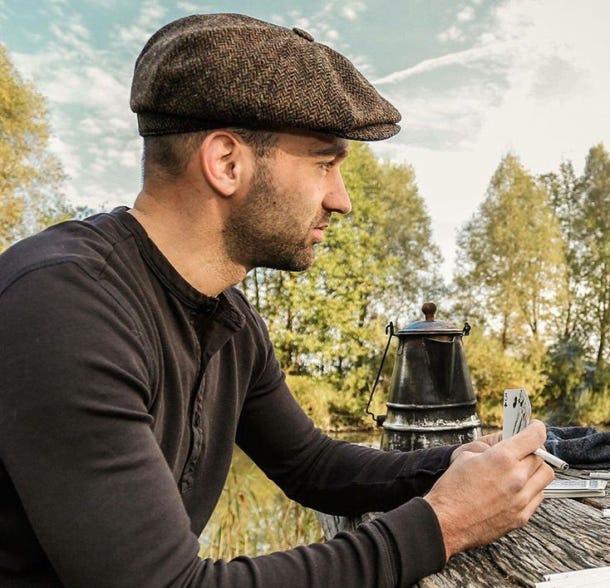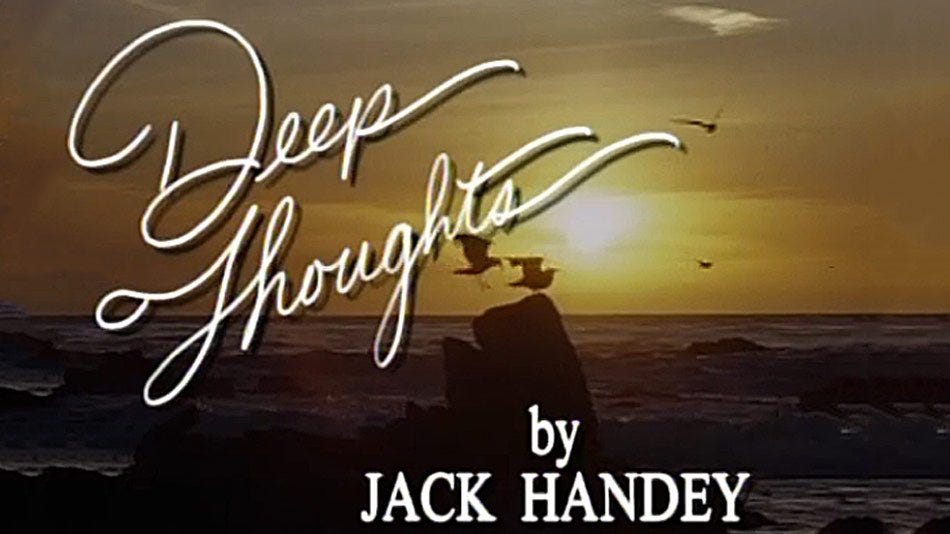Something’s Fishy in the Dictionary
Wake up, babe — the OED spring update just dropped.
The Oxford English Dictionary just published its spring update, including more than 1,000 new words, senses and phrases.
It’s a big deal — but not for the reasons you might think.
It doesn’t mean that someone just created a new word. Probably once a month I hear from readers asking me to coin/validate/eliminate a word, and much to everyone’s dismay, I don’t have that kind of power.
Rather, a new word or definition entering the OED signifies that the august dictionary’s editors have deemed it strong, prevalent and enduring enough that users will want to look it up — for generations, even centuries. This can even occur years after a word has gone out of use, if the editors find enough evidence that a unique definition was around for long enough.
Below, six big takeaways from the latest and greatest words that aren’t new, but can now walk proudly.
The list is surprisingly prudish.
This time last year, the OED was feeling frisky. Its March 2023 update included balls deep, five different derivations of cuckold (including cuckservative), deep throater, fetishizing, freak dancing, freaky-deaky, four different derivations of kink-shame, peen, gimp, rail (yes, that meaning) and easy lay. It was the GGG OED, and it was a wild time.
By contrast, the March 2024 update is a snooze. There are a few sexual updates, such as added senses for break (“to deprive [a person, esp. a woman] of virginity”) and break in (“to take the virginity of [a woman or girl]”), down-low (“a sexual subculture or lifestyle associated with men who usually identify as heterosexual but actively pursue sexual encounters with other men”) and fishmonger (“a lecherous or sexually promiscuous man”).
And of course, fish pond, whose full added sense is delightfully concise: “slang. The vagina. Obsolete. Rare.”
But compared to 2023, this year is tame.
Speaking of fish … there are a lot of fish words.
It’s not just genitalia.
Fish seem omnipresent in this update, including toothfish, fishapod, fishified, fishing hole and more than a dozen others.
And the longest single word added to the dictionary might also be the best one: trimethylaminuria, “a condition in which a person gives off an odor resembling that of rotting fish.”
There’s a new entry for dirty fries.
“A dish of chips (French fried potatoes) covered in sauce and often having additional toppings such as cheese, bacon, etc.”
Still waiting on disco fries. OED editors have apparently never been to New Jersey.
There are some great old words whose definitions are new to the dictionary. We need to bring them back.
Dillbrain: “A foolish or silly person; an idiot.”
Doxy: “A slovenly woman; a slattern.”
To grog up: “To drink alcohol to excess.”
Blowsabella: “An unkempt or blowsy woman (usually with connotations of plumpness, coarseness, or rusticity).”
Again, I don’t have any power here, so it’s up to you to use these in your vernacular. Don’t be a dillbrain.
Confederate monuments have come down across the country, but you might be wearing a tribute to the confederacy on your head.
New entries for jeff cap (which is not capitalized) and Jeff hat (which is; a weird inconsistency) reveal that the de rigueur hipster headgear is actually named for the first and only president of the Confederate States of America. Before succession secession, Jefferson Davis served as secretary of war under President Franklin Pierce — one of those guys everyone forgets was president. Under his tenure, the U.S. Army adopted what would become known as the jeff cap as part of its regulation dress uniform.
Jefferson Davis left the union, but his hat didn’t: The Union Army wore them all through the Civil War.
That craft beer you’re drinking while you wear your jeff cap? Probably not unlike what Jefferson Davis drank. Back then, everything was small-batch.
We can blame Jack Handey for what we all thought was an internet-ism.
The early 1990s were a weird time for Saturday Night Live. The show was ruled by comedians like Dana Carvey, Phil Hartman and Mike Myers — who never burned as bright as the Bill Murrays and Eddie Murphys who came before and the Tina Feys and Amy Poehlers who came after, but nevertheless seemed colossal at the time.
And there was Jack Handey.
His “Deep Thoughts” interstitials, which ran starting in 1991, perfectly captured the safe-but-absurdist humor of the moment.
One of Handey’s Deep Thoughts was: “If you ever fall off the Sears Tower, just go real limp, because maybe you'll look like a dummy and people will try to catch you because, hey, free dummy.”
It’s funny. It’s not a joke that would fly post-9/11. And it’s the first instance that the OED could find of the word because being used in that way: “Followed by a word or phrase (usually a noun, adjective, or interjection) that stands for a clause expressing an explanation or reason.”
Now, examples of “... because [noun]” are everywhere.
While others have documented this usage for years, it’s noteworthy that the OED finally deems it common enough to warrant inclusion.
One grammatical battle to watch out for: When because is paired with a noun, some — including The Atlantic, which wrote about the construction more than a decade ago — have called it a prepositional phrase. Because isn’t a traditional preposition, but this isn’t a traditional construction.
But by observing that, in this usage, because can also be followed by an adjective or interjection or even something else, the OED says it’s still a conjunction.
So is it a preposition or a conjunction? This entry is the dictionary’s opening salvo.
Things could get ugly because … nerds.





